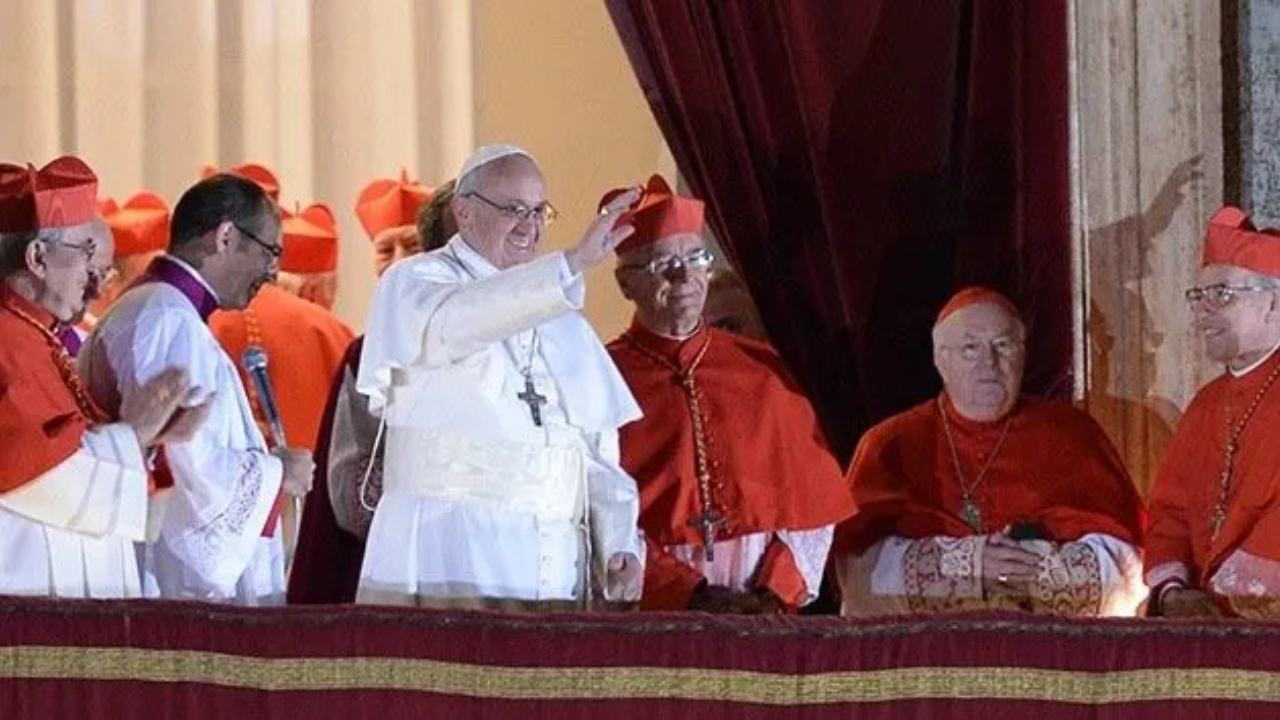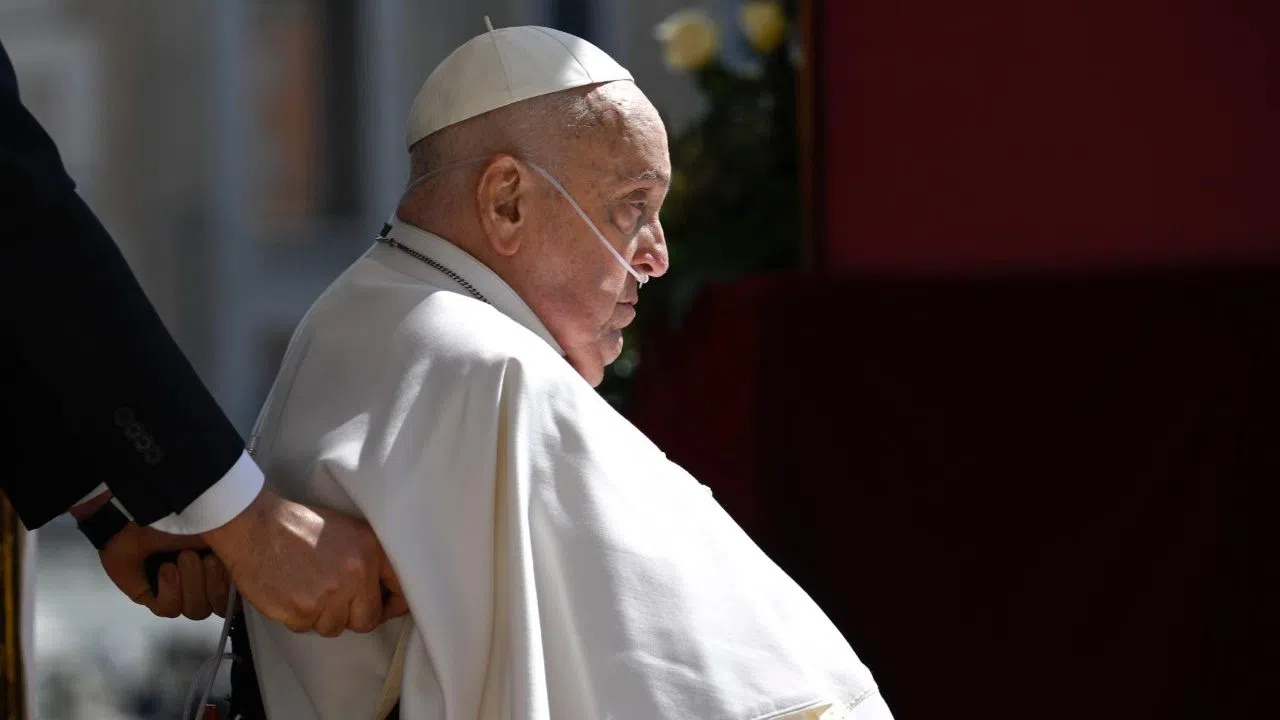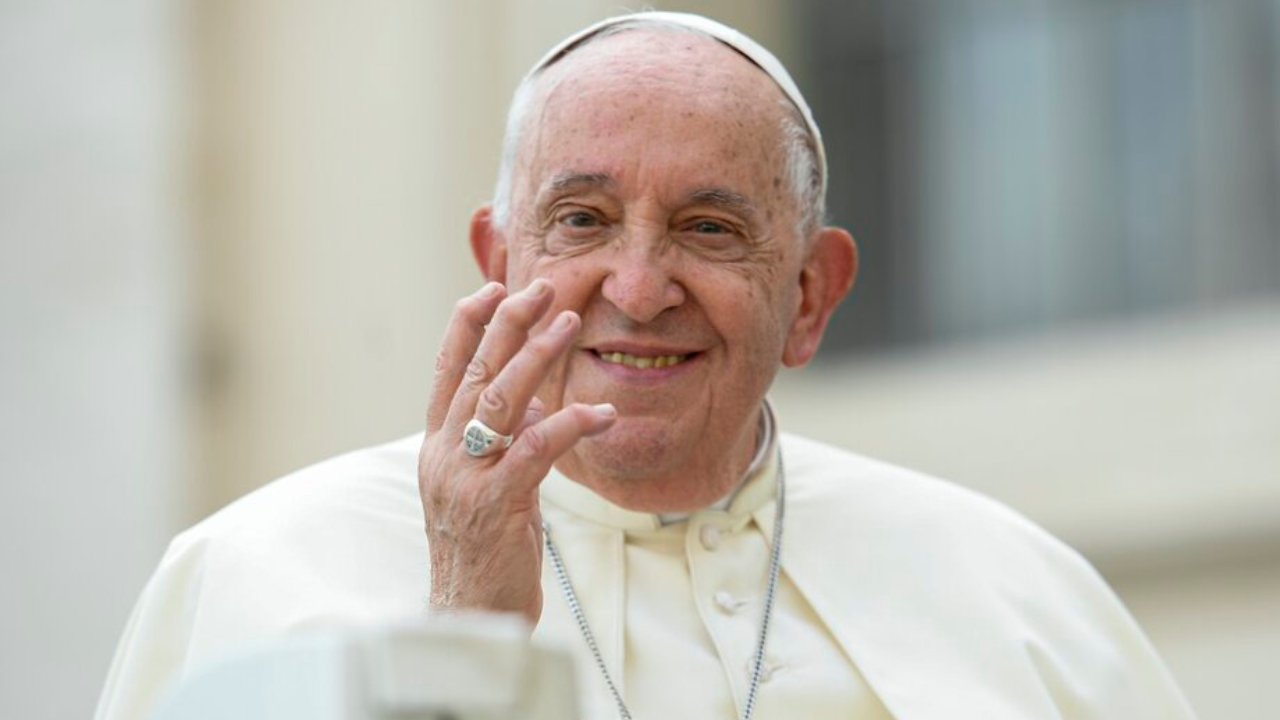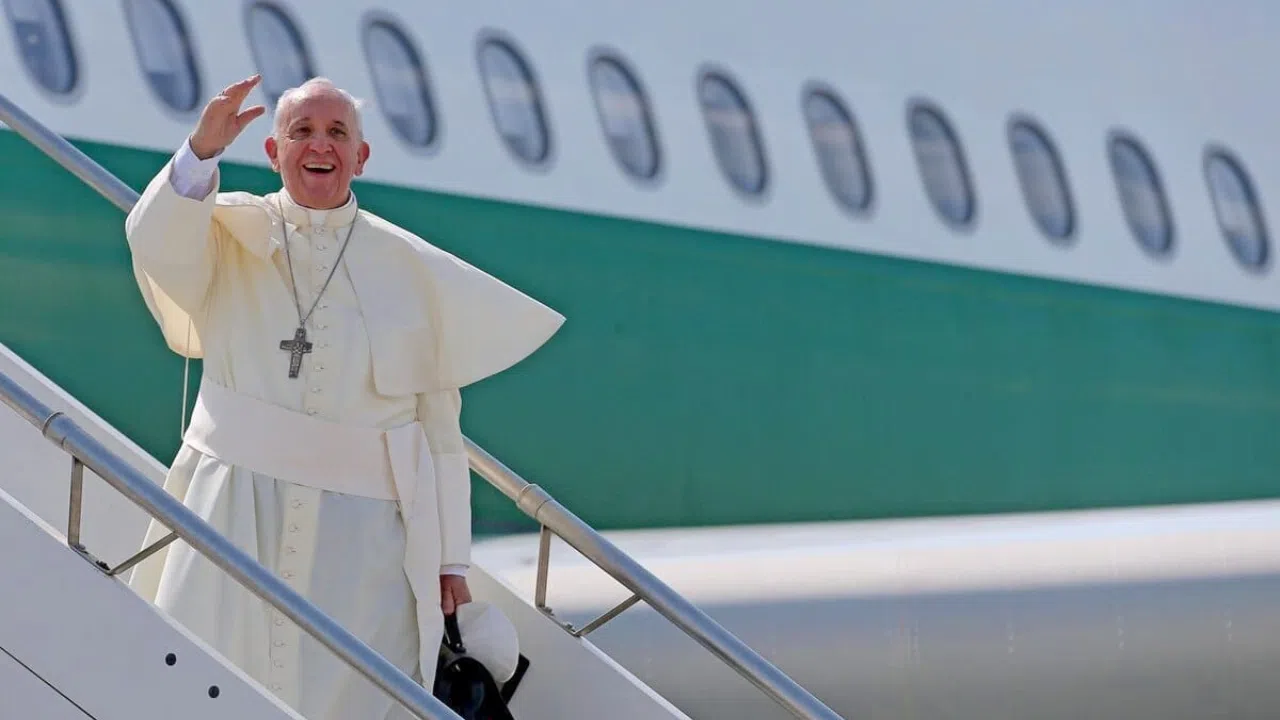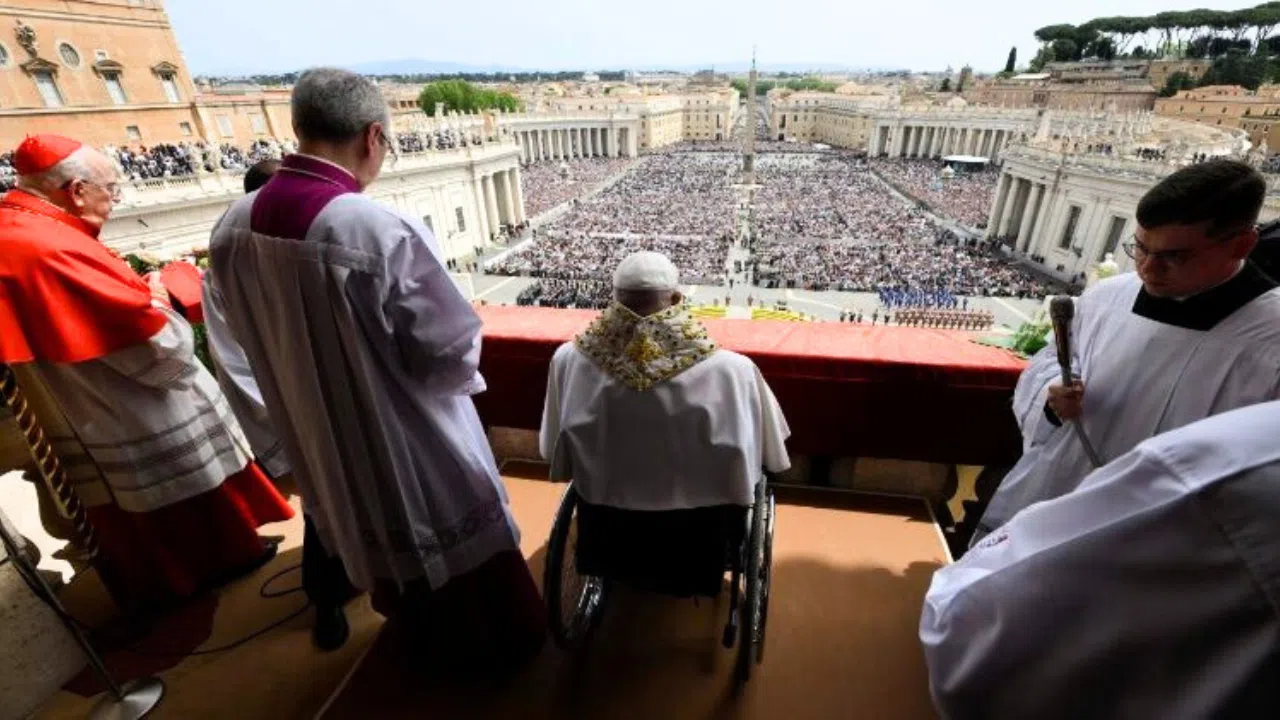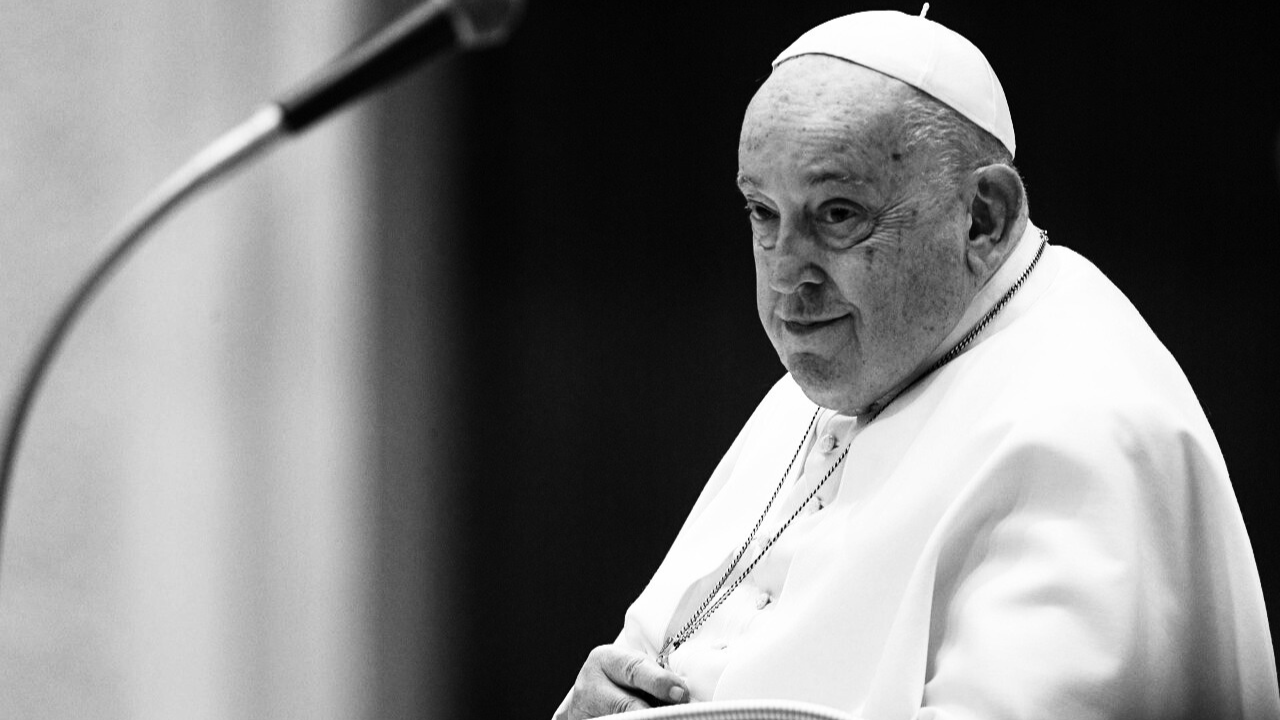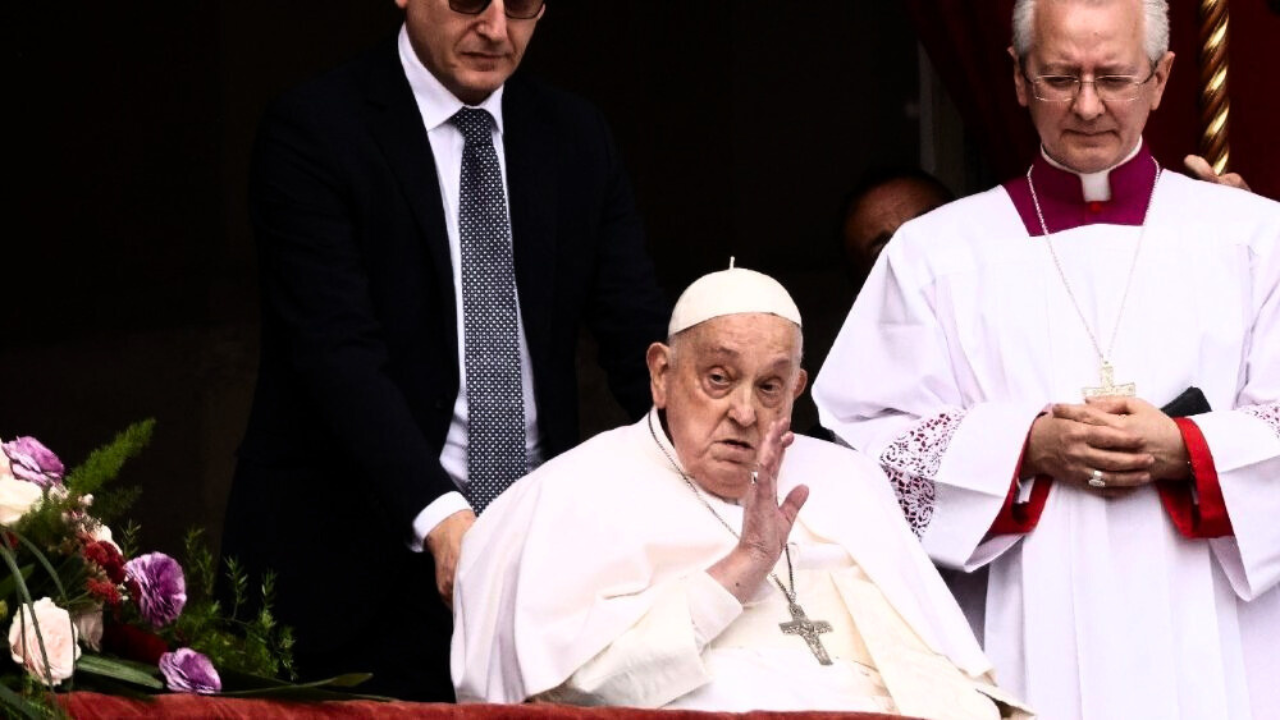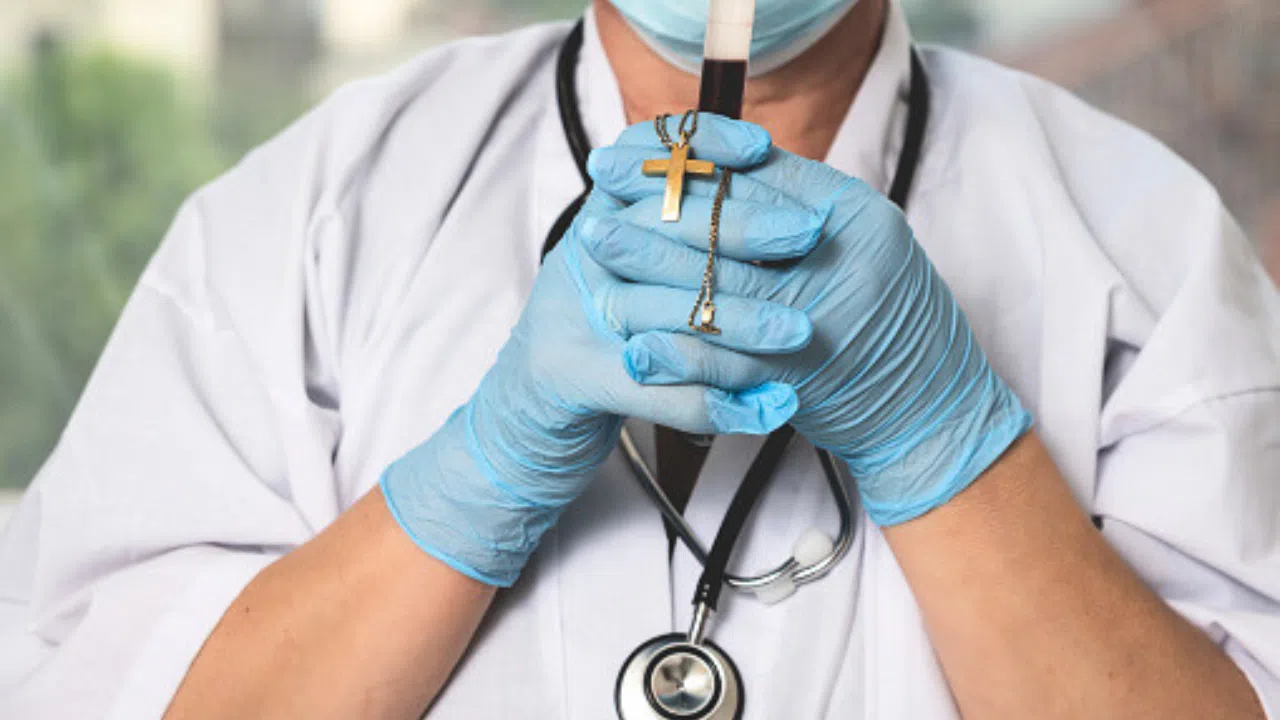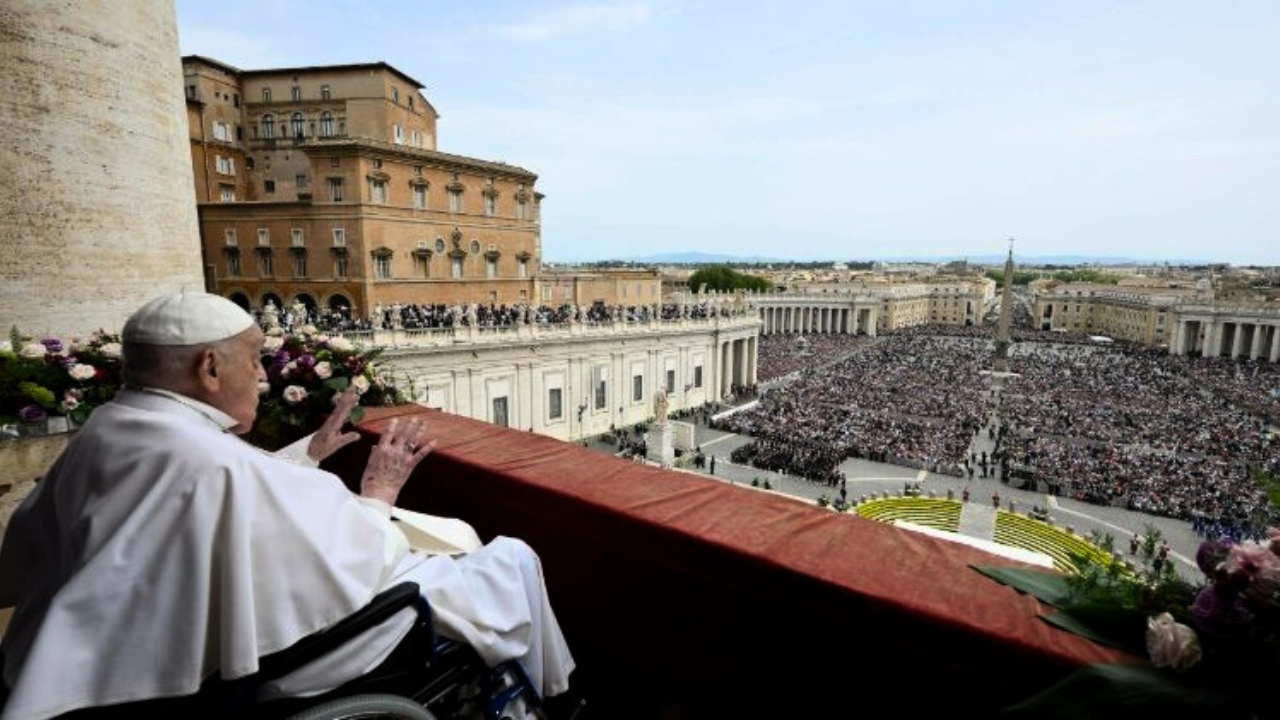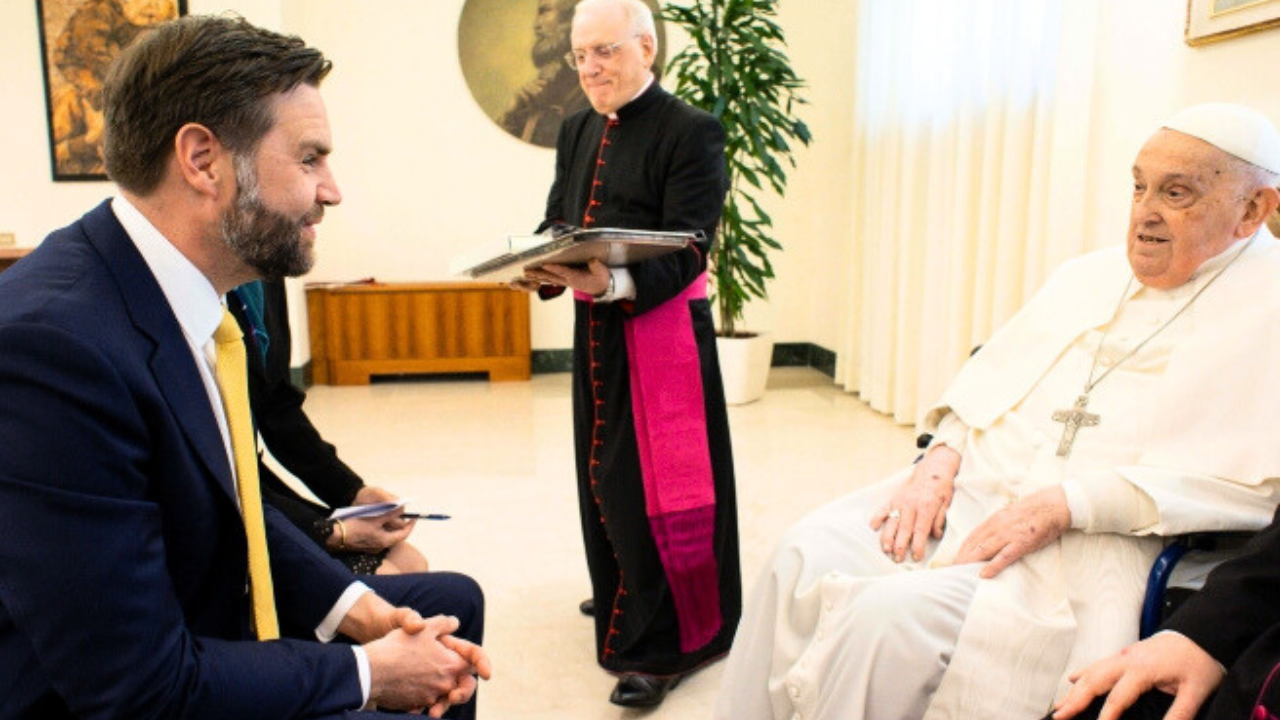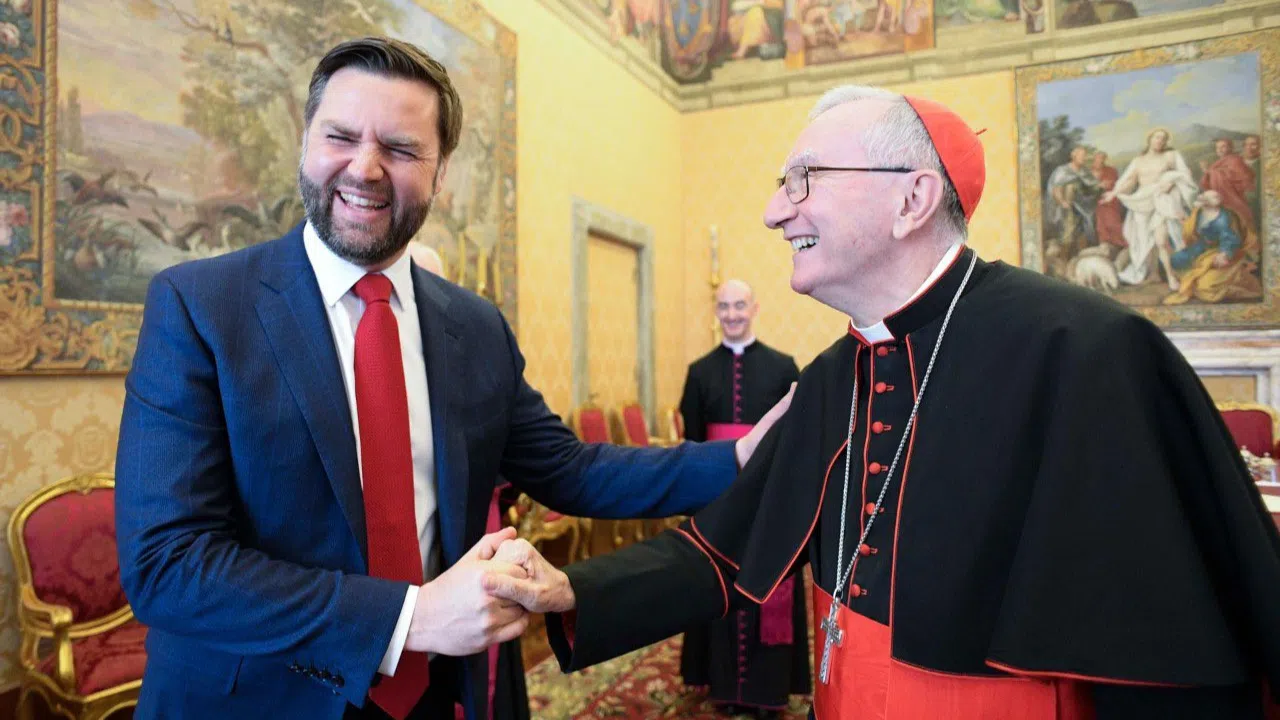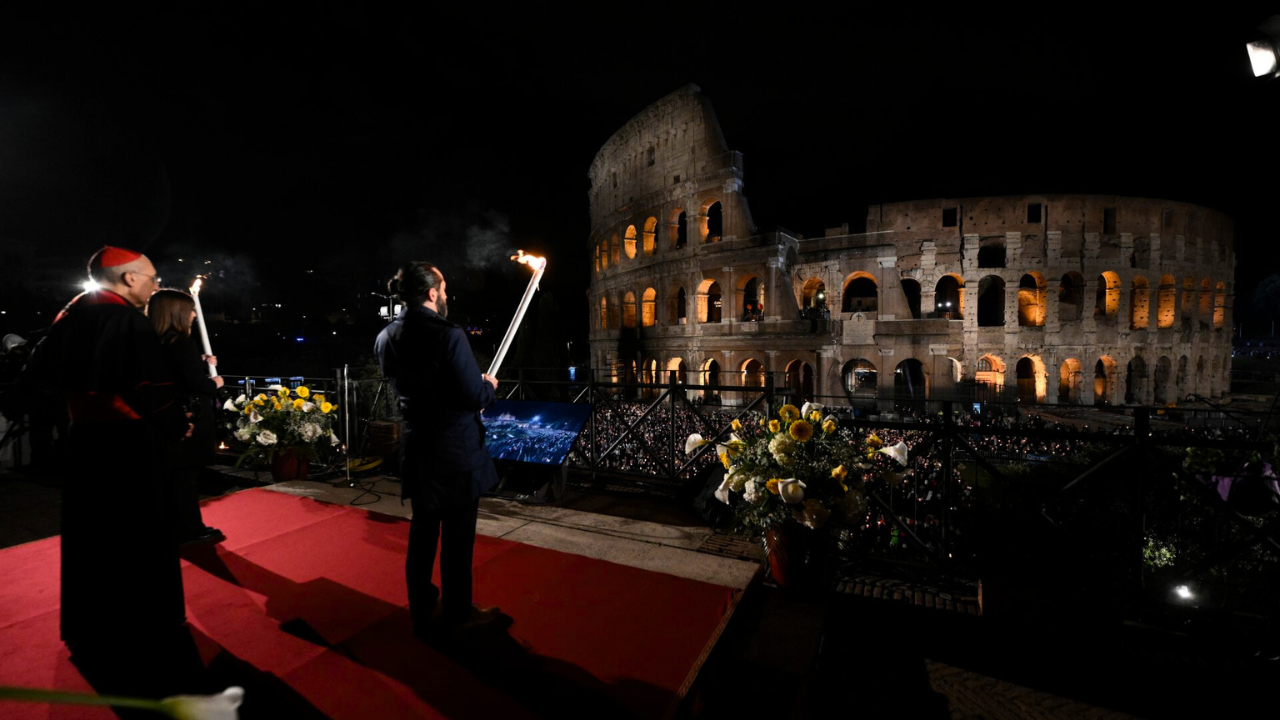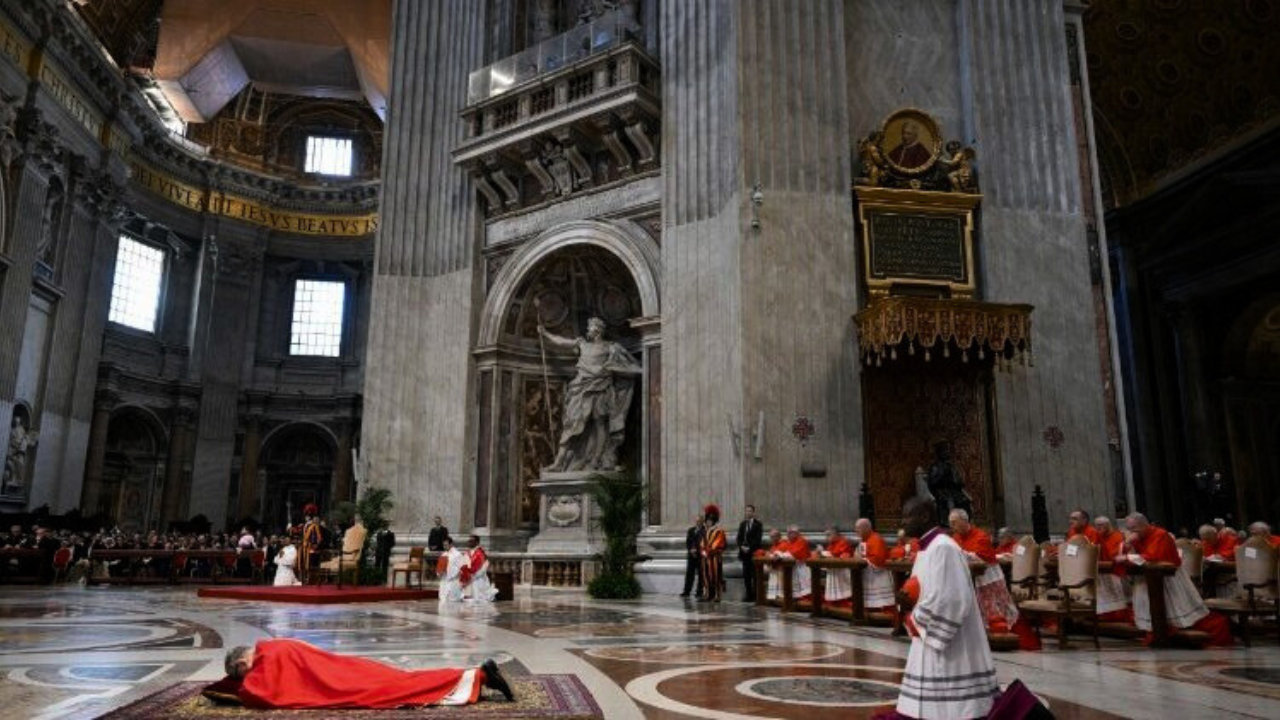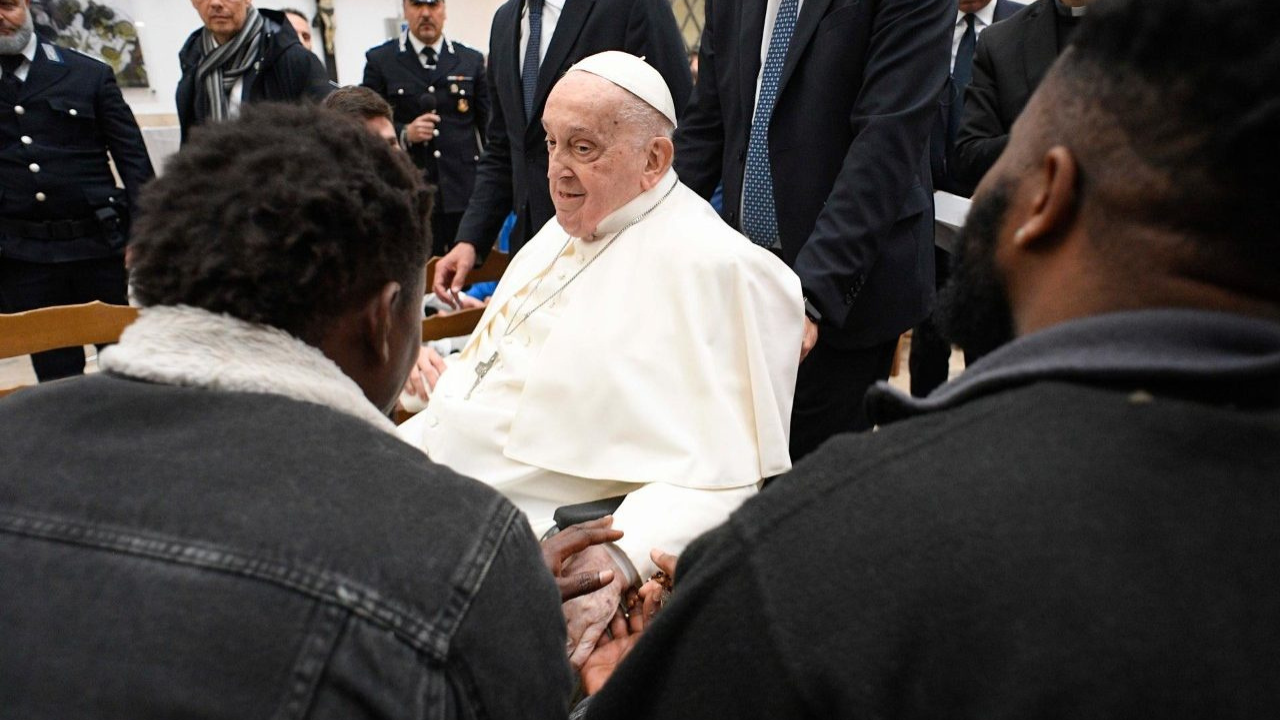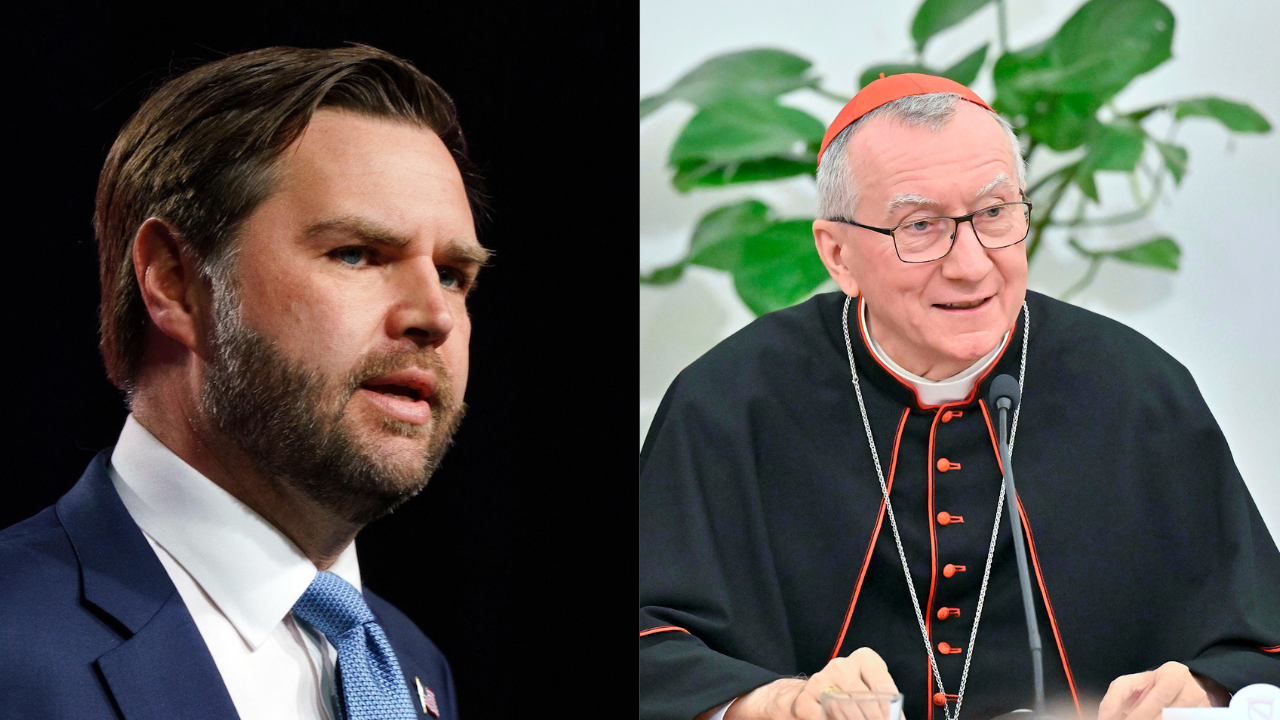In July, Pope Francis gave Cardinal Cobo of Spain an important assignment: he entrusted him with the international revision of the seminaries—from the curriculum to the formation of those who will be the future priests of the Church.
CARD. JOSÉ COBO CANO
Archbishop of Madrid, Spain
In 2016, there was a ratio fundamentalis that describes a bit the formation of seminaries. And, then, the Pope commissions us, that is to say: look at the ratio from the point of view of synodality, see what aspects it has and how the episcopal conferences have been implementing it. This is the fundamental task that we received.
This was one of the recurring themes of the first phase of the Synod on Synodality. The Pope requested an in-depth study on this issue and the results of this will be presented as early as October.
CARD. JOSÉ COBO CANO
Archbishop of Madrid, Spain
We have done our homework. We have made a synthesis document of what we talked about, because we did not intend to finish everything, it is in progress. So what we have done is as a base document to offer to the synodal fathers and to the synodal assembly, because they are the ones who have to speak. We have prepared the bases, the questions and the themes for them to work on.
Cardinal Cobo says the two issues that need emphasis within seminaries are who is in charge of formation and how the young seminarians relate to others.
CARD. JOSÉ COBO CANO
Archbishop of Madrid, Spain
A very important topic has appeared, which is the relationship or the definition of the ordained ministry, not by itself. It is like saying the priest is in himself, but in relation to the rest of the ministries within the Church. Another fundamental aspect that has appeared is the importance of who forms the priest and the different communities involved in the formation.
Eight other people work on Cardinal Cobo's team, including a female consultant to the Dicastery that compiles the list of bishops who will later be appointed by the Pope.
CA
TR: AT
